Lecture 14 Energy Efficiency
Gang He
October 24, 2023
Sample analytic questions
- If energy efficiency is a good thing, why is not everybody doing it?
- How to design incentive programs to change people’s behavior?
- How big is rebound, and what to do with rebound?
- What policies to push for sustainable energy consumption?
Energy efficiency
- Energy efficiency
- Energy conservation (saving)
- Energy efficiency and economic efficiency
Read more: Kathryne Cleary and Karen Palmer, RFF
Energy intensity
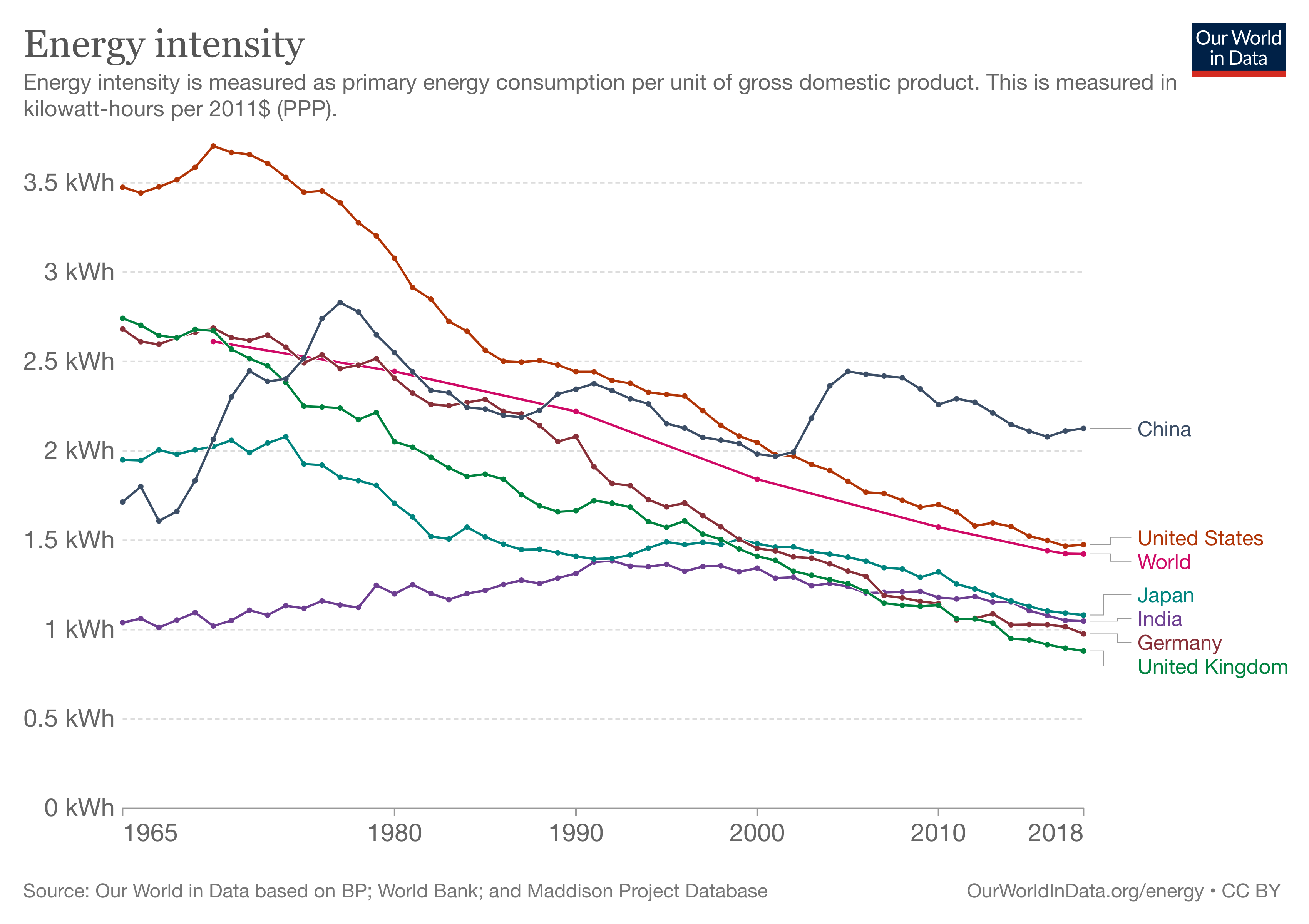
Source: OurWorldinData
Recall the abatement cost curve
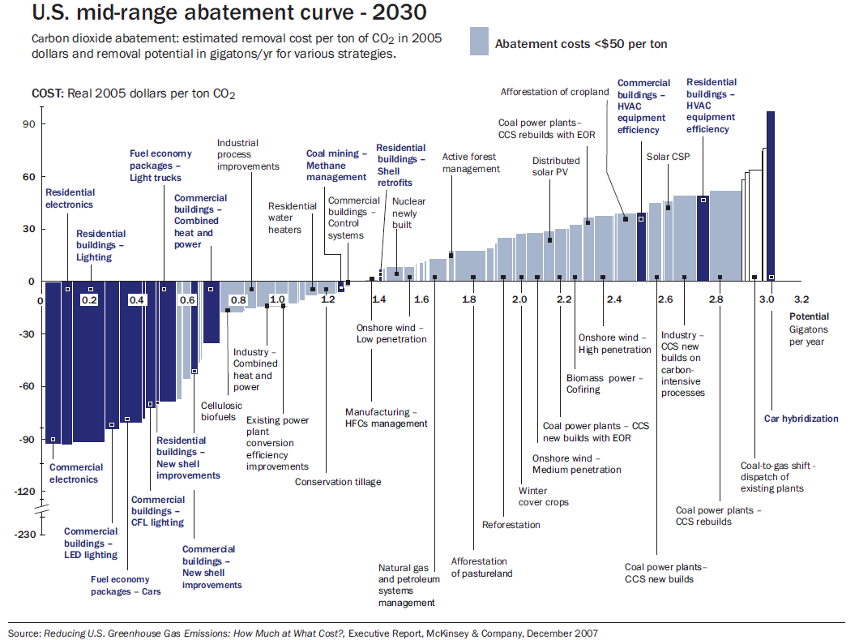
Source: Mckinsey, GHG Abatement Cost Curves
Energy efficiency gap
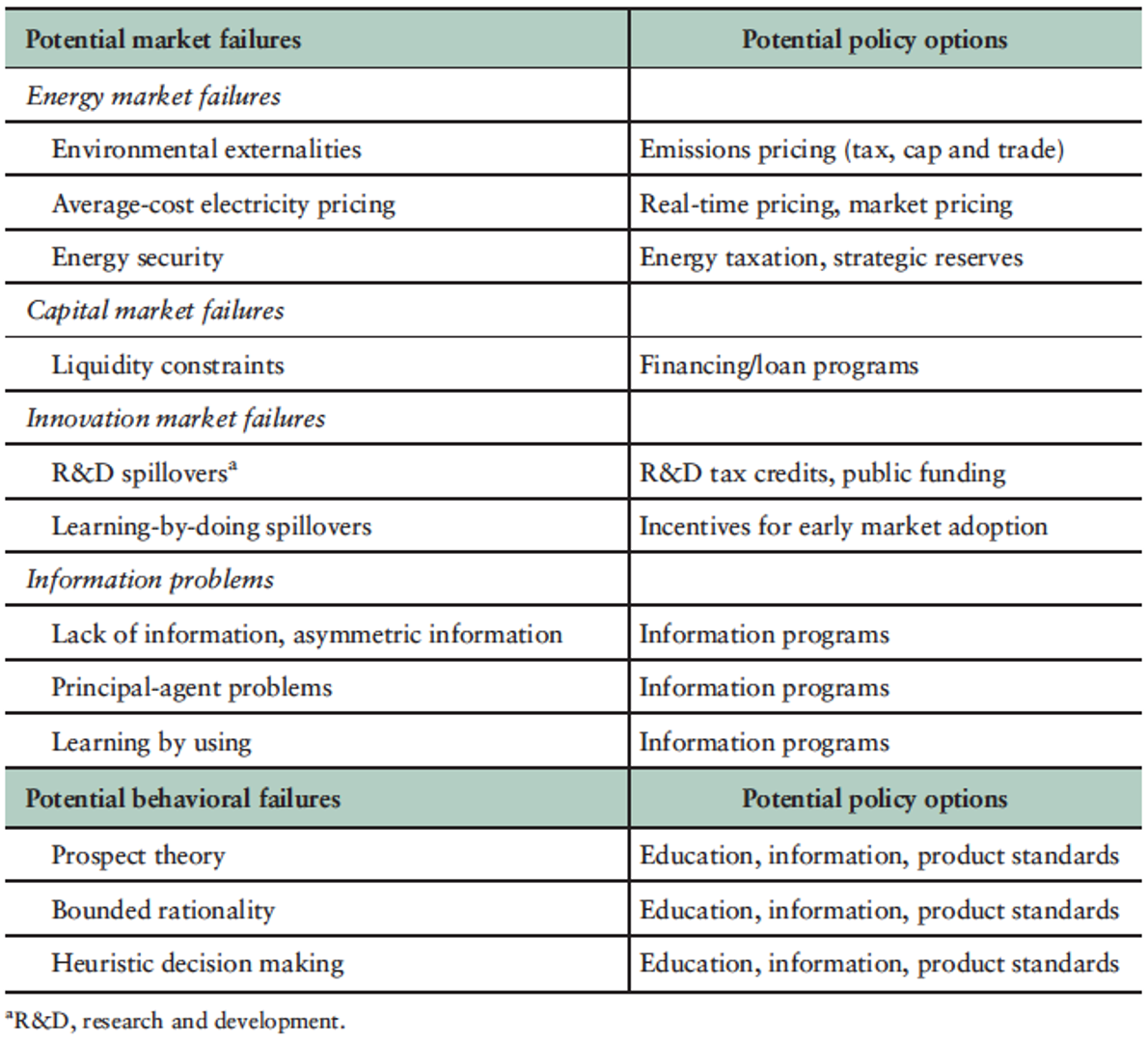
Source: Gillingham, Newell, and Palmer (2009)
Information
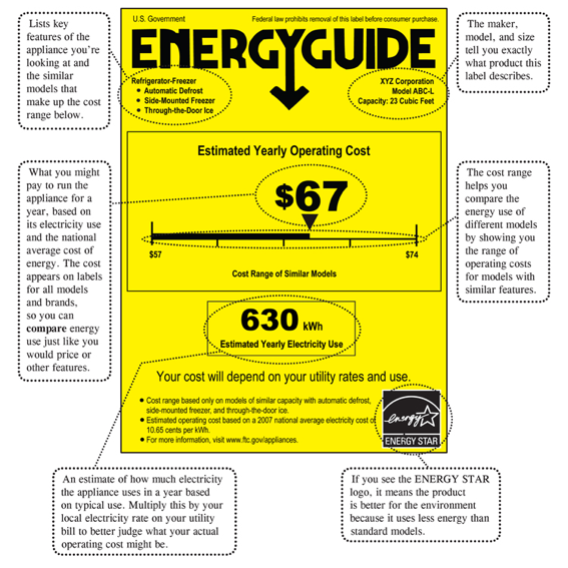
Source: FTC
Standards
- Response to Information Failure
- Might be good policy if information is too costly/ineffective
- Eliminates cost of acquiring/understanding information
- Eliminates consumer/producer choice
- Focuses the market on producing high-quality products
- Economies of scale
- Might be captured by technology (regular review of technology progress)
- Might be good policy if information is too costly/ineffective
- Response to externalities
- Disallow products that would not often be sold if external costs were internalized
- Inefficient if some consumers would purchase at the full social cost including externality
- Difficult in some cases to write standards that still permit optimal innovation and adaptation
Source: Severin Borenstein
Behavior change in NZE
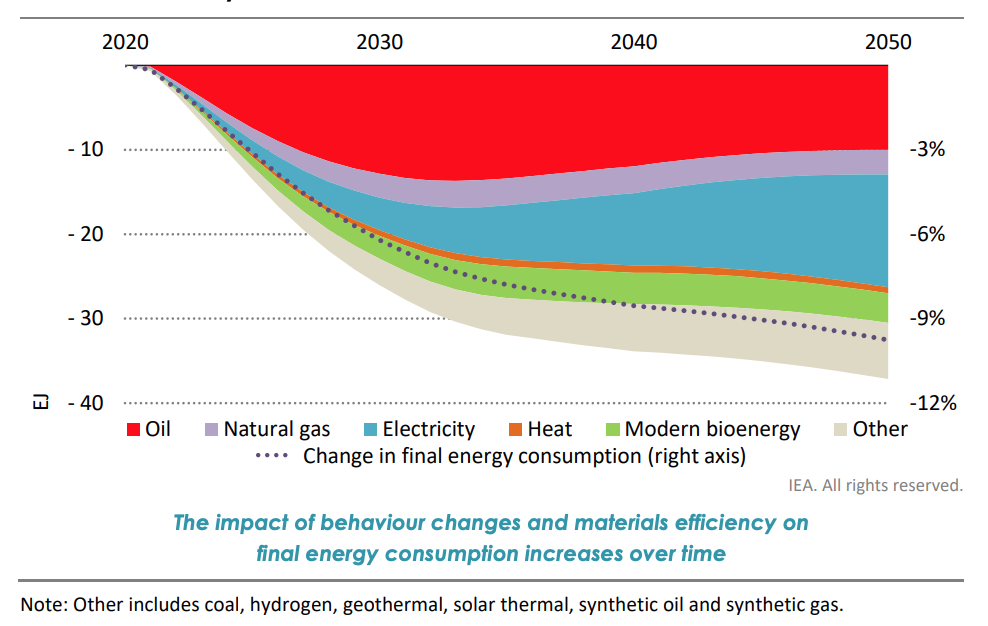
Source: IEA (2021)
Key behavior change for NZE
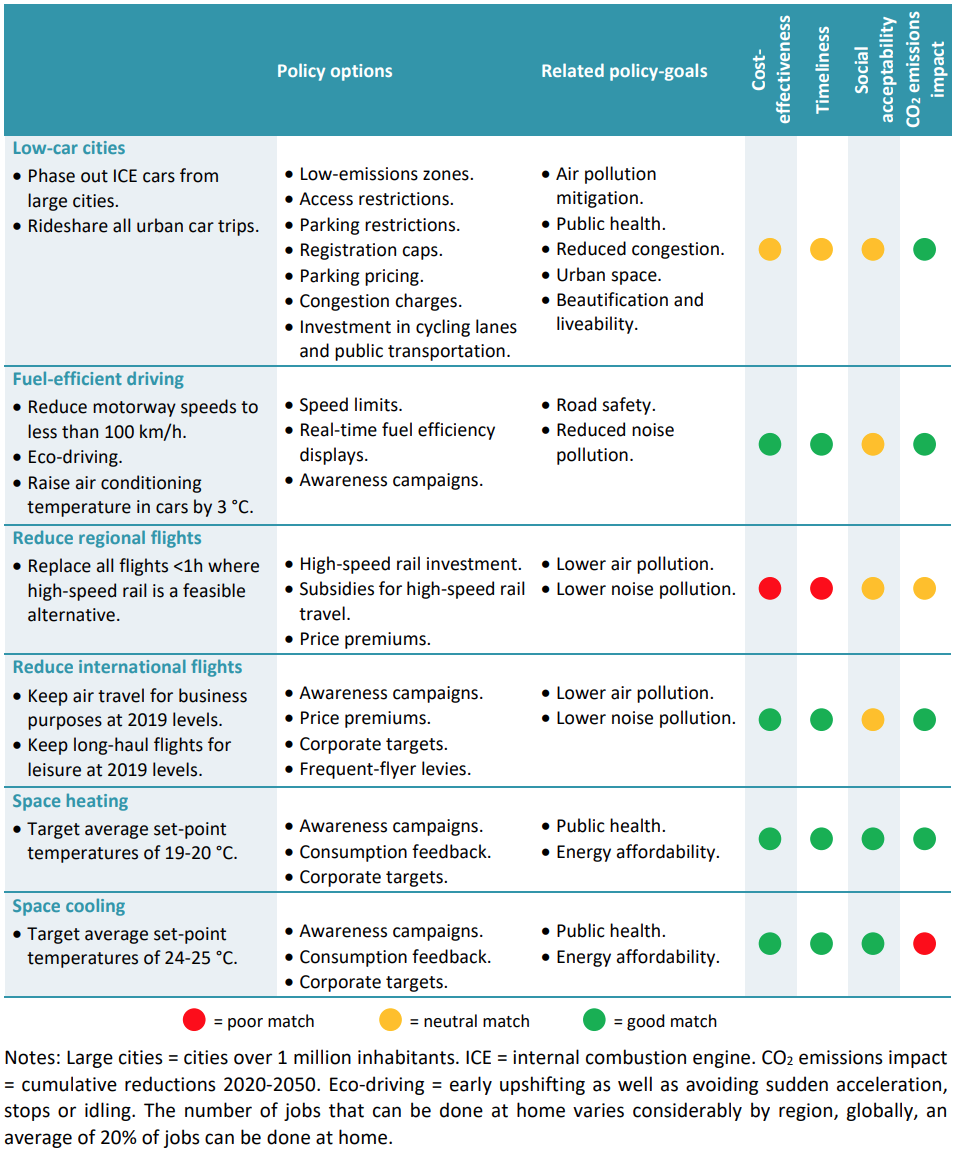
Source: IEA (2021)
Complexity of human behavior
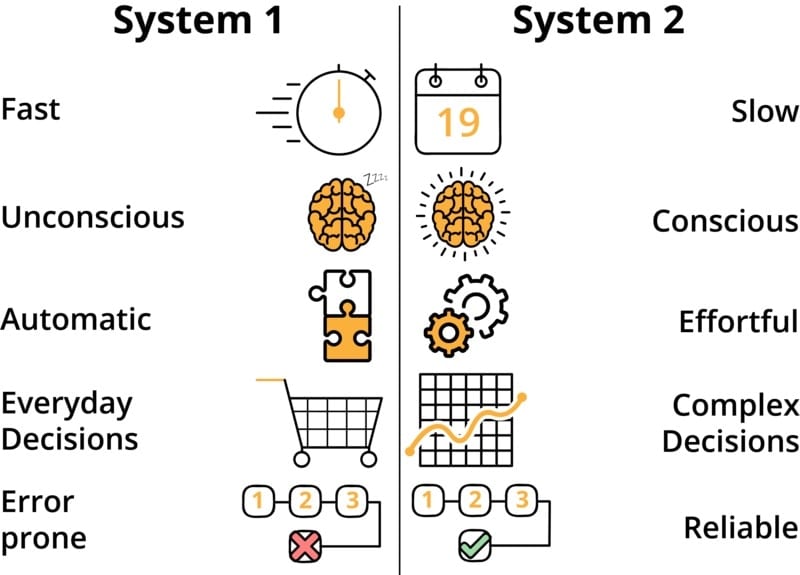
Read more: Human Behavior Research
Maslow’s hierarchy of needs

Read more: Wikipedia
Stage of change theory
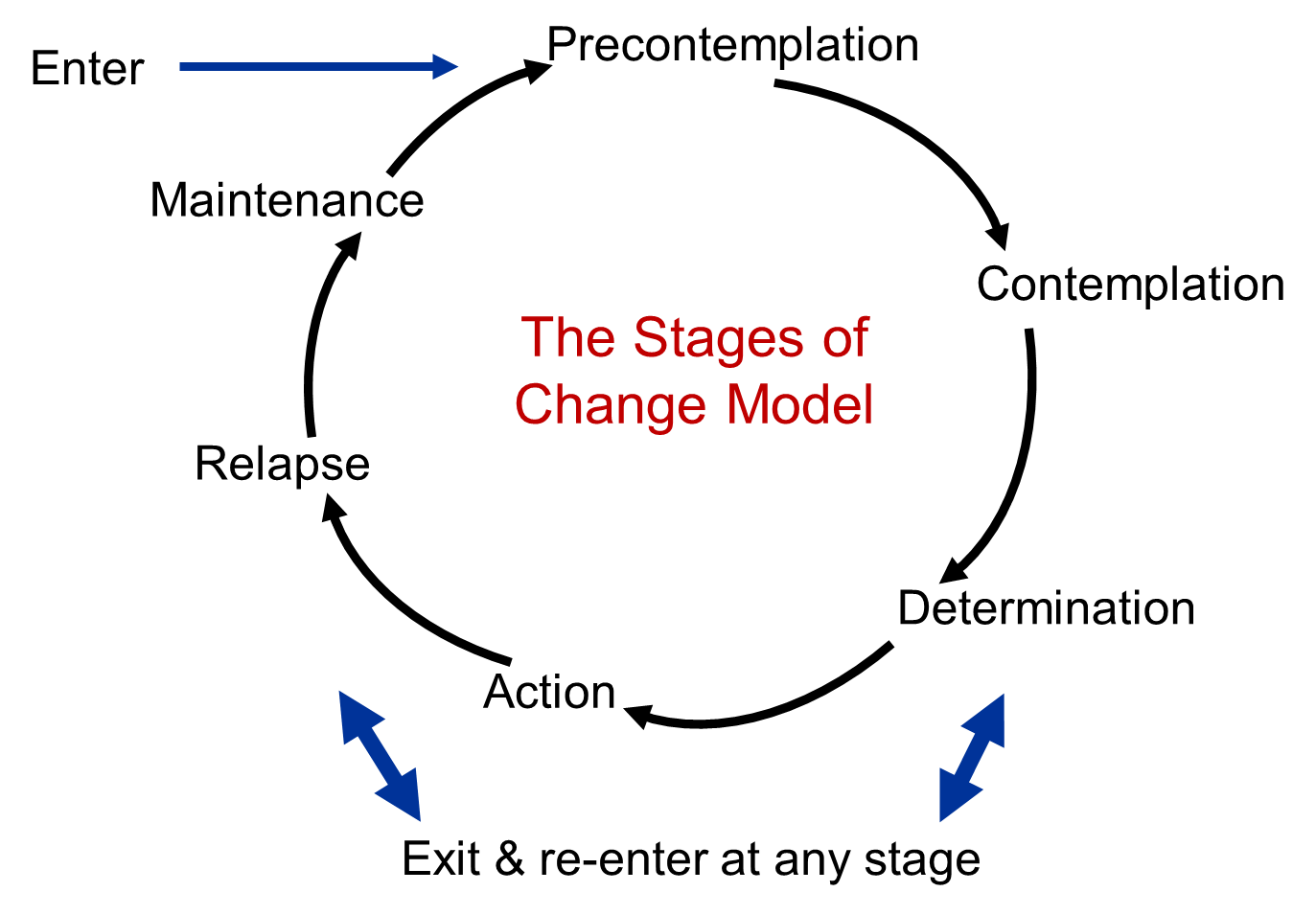
Read more: Behavior change models
Nudge
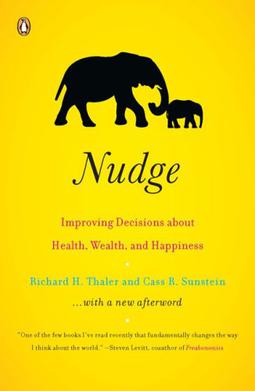
- Incentives
- Understand mapping
- Defaults
- Give feedback
- Expect error
- Structure complex choices
Read more: Richard H. Thaler and Cass R. Sunstein
Rebound
| Category | Description | Example |
|---|---|---|
| Direct rebound | Homeowners use more of the more efficient service | Consumer drives more with a more fuel efficient car |
| Indirect rebound | Homeowners re-spending on other goods and services | Savings from efficient lighting spend on 2nd refrigerator |
| Economy-wide rebound | More efficient production and shifts in demand alter economic structure and growth | A more efficient steam engine increases production changes structural relationships and leads to economic growth |
Economics of rebound
- Energy efficiency lowers the marginal cost of usage so increases usage
- Amount of increase depends on price elasticity
- Likely to be small effect if energy is small part of marginal cost of use
- Amount of increase depends on price elasticity
- Energy efficiency may lower energy price, further increases rebound effect
- Likely to be small effect unless long-run supply is very inelastic
- Likely to be small effect unless long-run supply is very inelastic
- But energy efficiency also raises the up-front cost of products, reducing total sales
Source: Severin Borenstein
Rebound might be overplayed
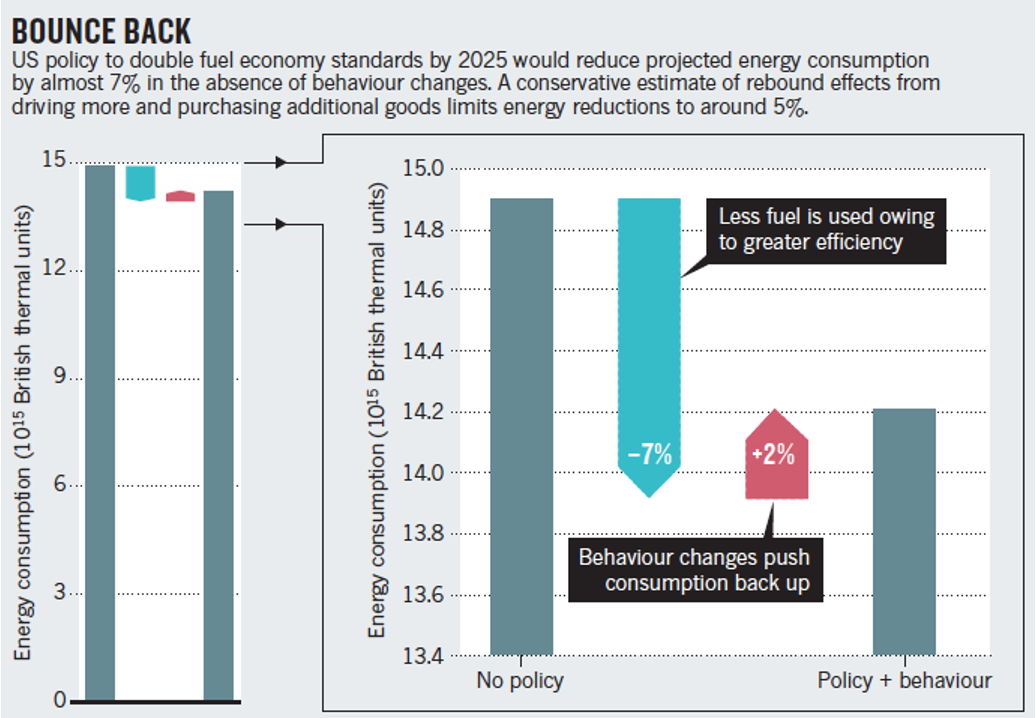
Source: Kenneth, Gernot, et al. (2013)
Focus on welfare
- Is rebound a “failure”? Depends on the goal
- Reduce energy consumption?
- Improve social welfare?
- Rebound could be good
Sustainable energy consumption
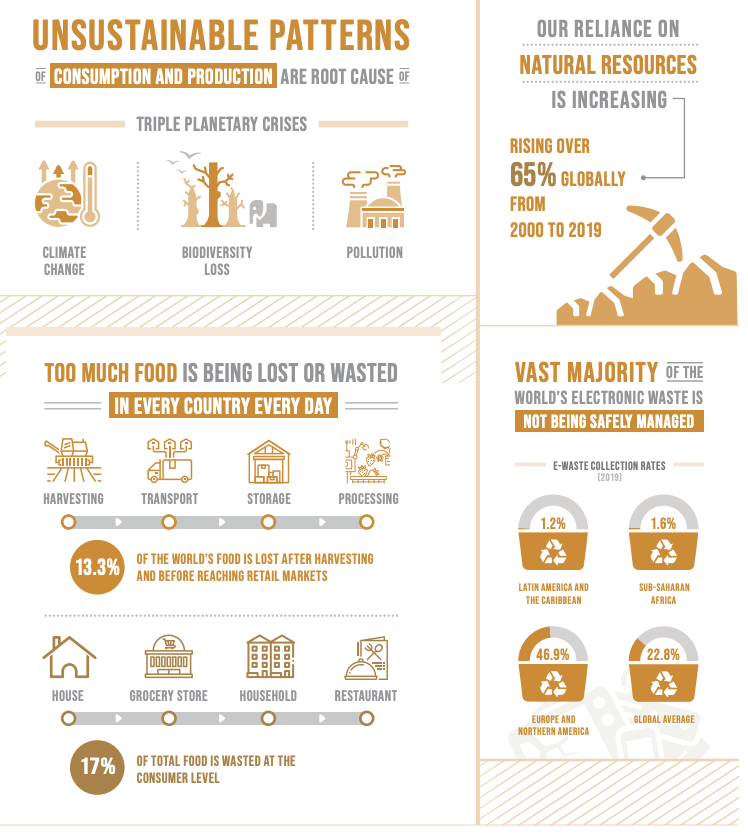
- Absolute reductions in the material goods and energy we consume;
- From material wealth and consumerism toward new measures of progress and well-being;
- Technological innovation and efficiency gains that help us to refine production processes;
- Recognition that consumption will need to increase for those individuals and communities whose needs are not being met, and
- A transformation of our economy from continuous growth to within the limits of a finite planet.
Summary
- There are barriers for energy efficiency and inforamtion and standards can help address the energy efficiency gap
- Human behavior is complicated, and understanding it will help us to design policy
- Rebound is real but might be overplayed, rebound could be good if improve welfare
- Sustainable consumption and production within the limit
References
Gillingham, Kenneth, Richard G Newell, and Karen Palmer. 2009. “Energy Efficiency Economics and Policy.” Annu. Rev. Resour. Econ. 1 (1): 597–620. https://doi.org/10.1146/annurev.resource.102308.124234.
IEA. 2021. “Net Zero by 2050.” International Energy Agency. https://www.iea.org/reports/net-zero-by-2050.
Kenneth, Gillingham, Wagner Gernot, et al. 2013. “Energy Policy: The Rebound Effect Is Overplayed.” Nature 493: 475–76. https://doi.org/10.1038/493475a.